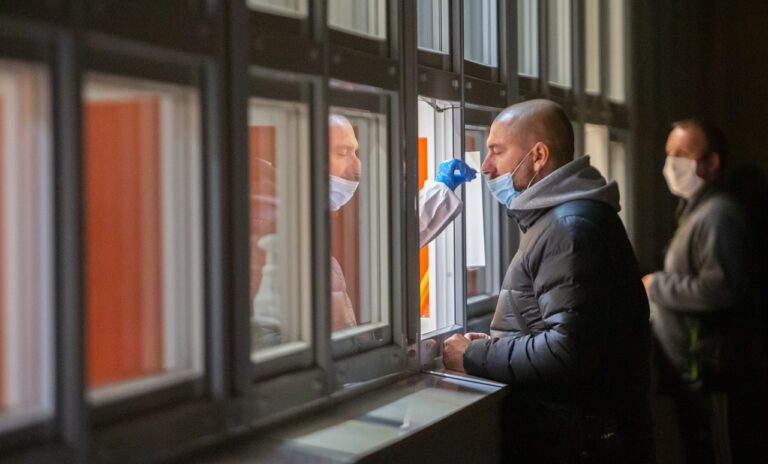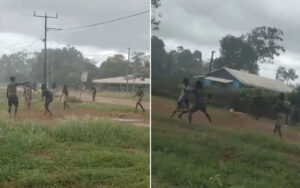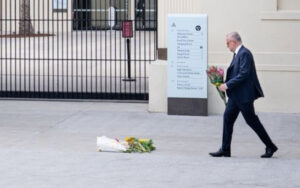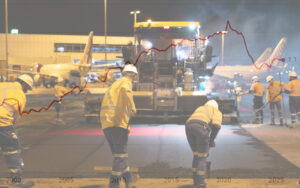Scientists conducting Covid-19 “challenge” trials in the middle of the pandemic were stunned by how hard it was to infect people with the virus.
None of the 36 people who volunteered to be given a dose of SARS-CoV-2 during a trial in Oxford, UK, developed a sustained Covid infection, and just five (14%) were considered to have experienced a transient infection – defined as a short-lived detection of the virus by PCR test.
This was despite researchers increasing the dosage to a level 10,000 times higher than the first dose as the trial went on.
The study results, released in Lancet Microbe on May 1, aimed to “find a dose of pre-alpha SARS-CoV-2 virus that induced infection in previously infected individuals”.
The most common adverse effect suffered by the study participants was a stuffy nose, and there were no serious adverse effects. 39% of the volunteers later developed Covid infections while in the community, all with the Omicron variant. One got it twice.
“We were quite surprised,” Susan Jackson, study clinician at Oxford and study co-author, told Nature.
“Moving forward, if you want a Covid challenge study, you’re going to have to find a dose that infects people.”
The results have raised questions about the efficacy of “challenge” trials for testing Covid-19 vaccines and treatment drugs.
“If you can’t get people infected, then you can’t test those things,” said Tom Peacock, a virologist at Imperial College London.
Researchers conducting an ongoing Covid challenge trial at Imperial College London have had similar difficulties getting participants to experience infections severe enough to test vaccines.
Ms Jackson said higher or multiple doses might be needed to improve the usefulness of challenge trials.
The revelation comes after researchers found cancer death rates rose in Japan in 2022 after two-thirds of the population had three or more doses of an mRNA Covid vaccine, and that sharp increases in certain types of cancers could be due to the mechanisms of those vaccines.


























